What is Bakuchiol?
Bakuchiol – The gentle retinol substitute
Bakuchiol is a plant-based ingredient that is often referred to as a gentle alternative to retinol (vitamin A). It is extracted from the seeds of the Psoralea corylifolia plant and has similar anti-aging effects to retinol, but without the typical irritations and side effects. Bakuchiol is therefore particularly suitable for sensitive skin and users who cannot tolerate retinol.
How does Bakuchiol work in skin care?
1. Promoting cell regeneration
Bakuchiol supports the cell turnover rate, which means it helps the skin shed dead skin cells faster and replace them with new cells. This effect promotes skin renewal and provides a fresh, radiant skin surface. In this sense, bakuchiol works similarly to retinol, but without the harsh side effects such as dryness or flaking that are often associated with retinol.
2. Increase collagen production
One of the greatest benefits of bakuchiol in skin care is its ability to stimulate the production of collagen. Collagen is a protein that gives skin structure and elasticity. As we age, collagen production decreases, which can lead to wrinkles and sagging skin. Bakuchiol stimulates skin cells to produce more collagen, reducing wrinkles and fine lines and making the skin firmer and more elastic overall.
3. Reduction of hyperpigmentation
Bakuchiol also has a brightening effect that helps reduce dark spots and hyperpigmentation (e.g. caused by sun damage or acne). It inhibits melanin production in the skin, which can help to make the skin more even and radiant. This makes Bakuchiol an excellent choice for those who struggle with pigmentation or uneven skin tone.
4. Anti-inflammatory effect
Another important benefit of bakuchiol is its anti-inflammatory properties. It can help reduce skin redness and irritation and soothe the skin, making it an ideal option for people with sensitive skin or skin prone to acne or rosacea. The anti-inflammatory properties of bakuchiol are particularly beneficial as they help minimize skin stress and irritation that can occur when using other active ingredients, such as retinol.
5. Antioxidant effect
Bakuchiol also acts as an antioxidant, meaning it protects the skin from free radical damage caused by environmental factors such as UV radiation, air pollution, and other external stressors. Free radicals contribute to skin aging by damaging cells and accelerating the aging process. Bakuchiol helps neutralize this damage and protect the skin from premature aging.
6. Minor skin irritation
One key difference between bakuchiol and retinol is that bakuchiol is less irritating to the skin. While retinol and its derivatives are often associated with dryness, redness, and flaking, bakuchiol is much gentler and typically causes less irritation, making it great for people with sensitive skin or those looking for a mild but effective anti-aging treatment.
The Benefits of Bakuchiol
Promotes skin regeneration: Bakuchiol supports cell renewal and can visibly reduce fine lines and wrinkles.
Anti-inflammatory: It helps to relieve redness and irritation and is therefore also suitable for sensitive skin or acne.
Gentle and safe: Unlike retinol, bakuchiol can be used during the day as it does not make the skin more sensitive to light.
To start with, you can use Bakuchiol products as a night care product to moisturize the skin and support regeneration overnight.
Which skin types benefit from Bakuchiol?
Due to its gentle effect and versatile properties, Bakuchiol is suitable for a wide range of skin types. It is particularly beneficial for:
Sensitive Skin: Bakuchiol is a great choice for those with sensitive skin because it is less irritating than retinol. It can help prevent skin irritation, redness, or flaking that can occur with stronger ingredients like retinol.
Mature skin: Bakuchiol has similar anti-aging effects to retinol by stimulating collagen production, reducing fine lines and wrinkles, and improving skin texture. It also promotes skin elasticity and helps make skin appear smoother and firmer.
Dry skin: Bakuchiol has moisturizing and anti-inflammatory properties that can help soothe and hydrate the skin. For dry skin, it works to improve skin texture without further drying the skin.
Acne-prone skin: Due to its anti-inflammatory properties, bakuchiol can help treat blemishes and acne without irritating the skin. It has gentle antibacterial properties and reduces redness, which is beneficial for people with acne-prone skin.
Normal to combination skin: Bakuchiol can also help improve the appearance of normal or combination skin. It provides gentle, non-comedogenic care that revitalizes the skin without increasing sebum production or clogging pores.
Overall, Bakuchiol's gentle, versatile, and effective actions make it a great choice for almost all skin types, especially sensitive or reactive skin that may be sensitive to stronger ingredients like retinol.
What are the differences between retinol and bakuchiol?
Retinol and bakuchiol are both very popular ingredients in skin care, often used for their anti-aging properties. Although they offer similar benefits in many ways, there are important differences between the two.
Retinol is synthetic or derived from animal sources (e.g. liver), while bakuchiol is a plant source.
Effect on the skin:
Retinol has a stronger, deeper effect on the skin, which is especially helpful in treating more serious skin problems such as acne and deep wrinkles.
Bakuchiol has similar but gentler anti-aging effects and is more suitable for sensitive skin types or those who cannot tolerate retinol.
Side effects:
Retinol can cause irritation, dryness and redness in sensitive skin, especially when first using it.
Bakuchiol is generally less irritating and better suited for sensitive skin.
Use:
Retinol should always be applied in the evening as it makes the skin more sensitive to UV radiation.
Bakuchiol can be used both in the morning and in the evening as it does not make the skin more sensitive to light.
Retinol is a powerful and proven anti-aging agent that is particularly effective on mature or acne-prone skin. However, it can be irritating for sensitive skin or during the first few applications.
Bakuchiol is a gentler alternative that offers similar anti-aging effects but causes less skin irritation. It is particularly suitable for sensitive skin or as an introduction to the world of retinoids.
Both ingredients have their benefits, and the choice between retinol and bakuchiol often depends on individual skin needs and sensitivity.



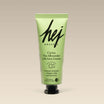
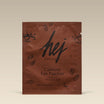
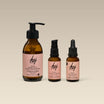


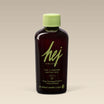
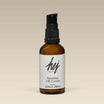
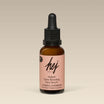
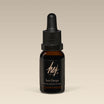
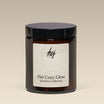
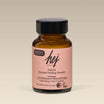

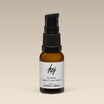
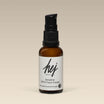
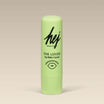

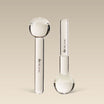

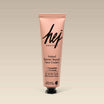
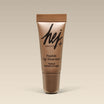
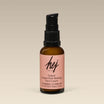
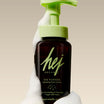



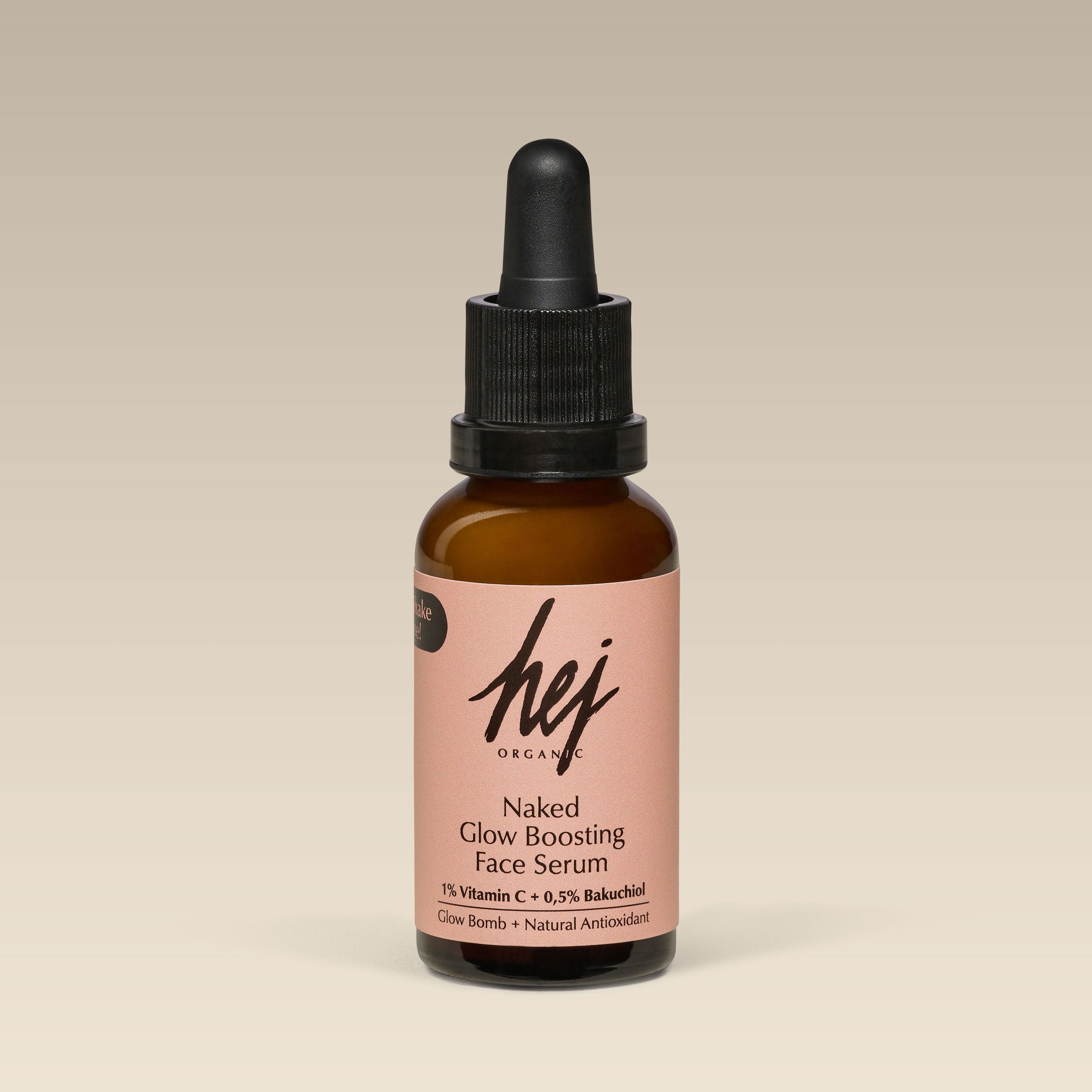
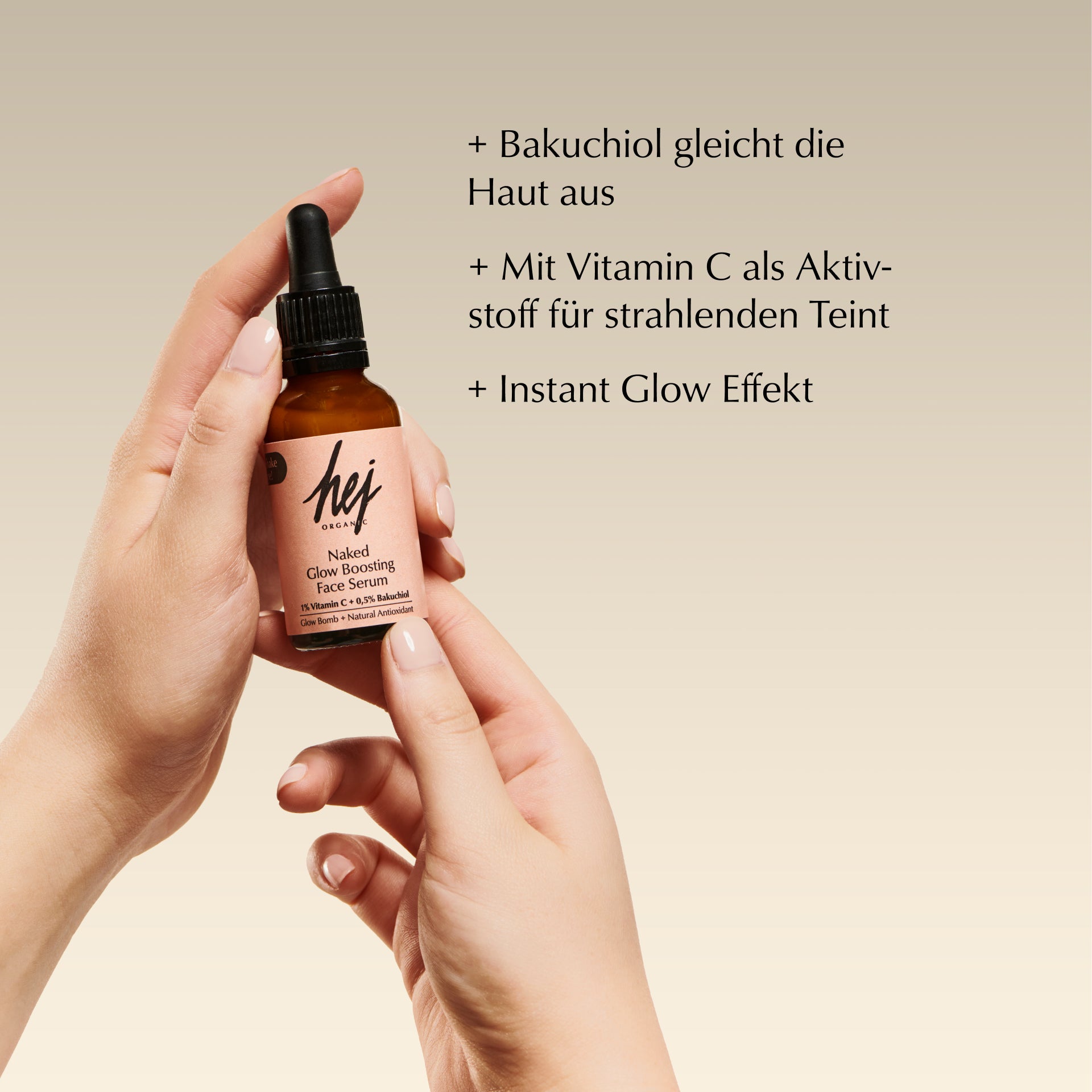
Leave a comment
This site is protected by hCaptcha and the hCaptcha Privacy Policy and Terms of Service apply.